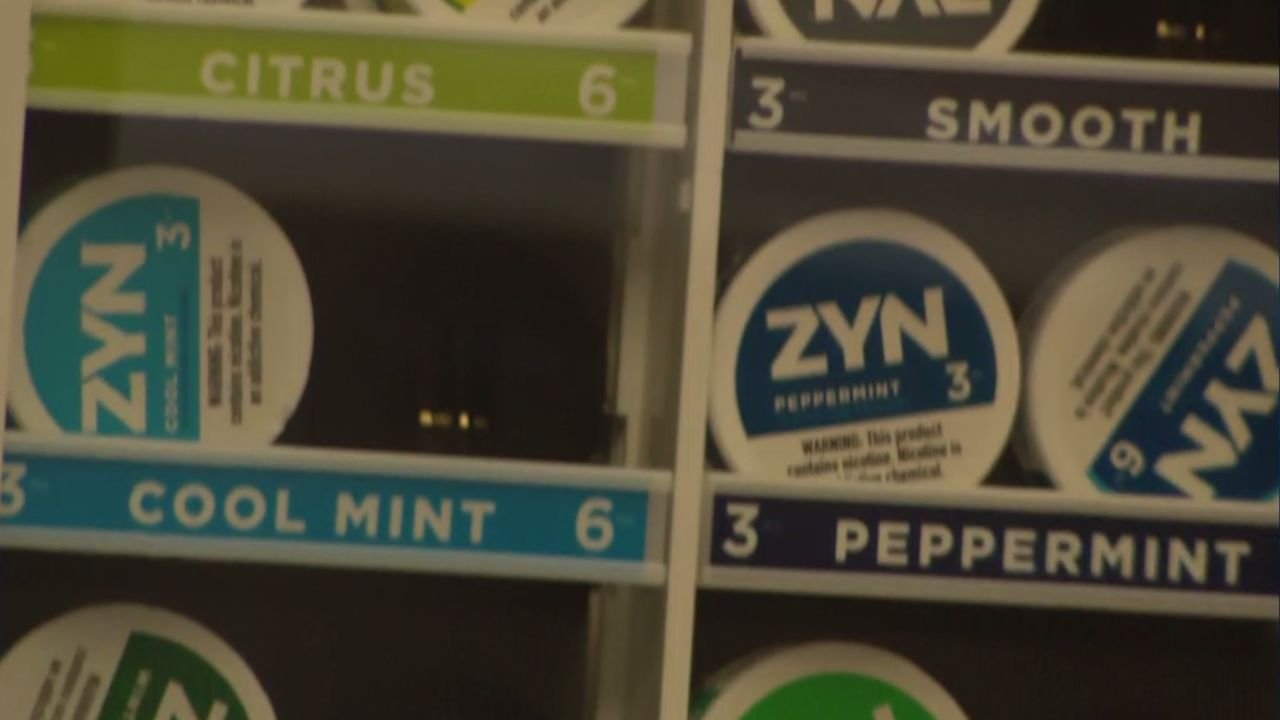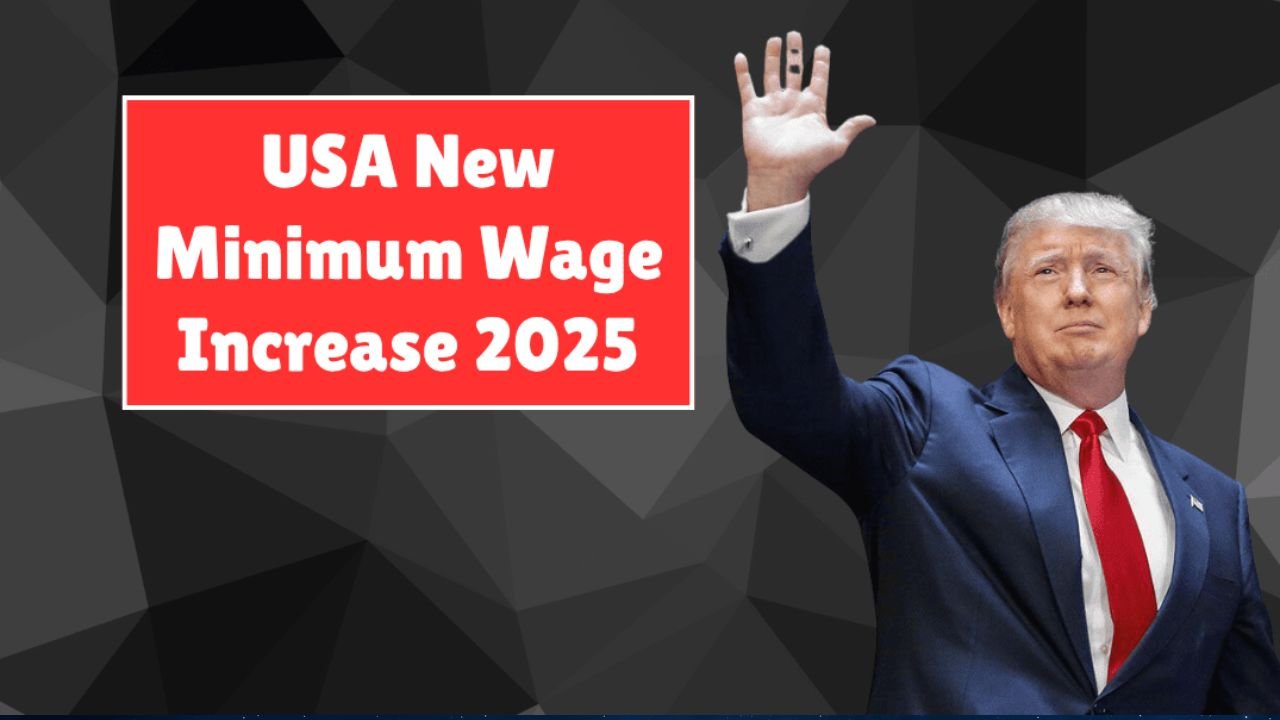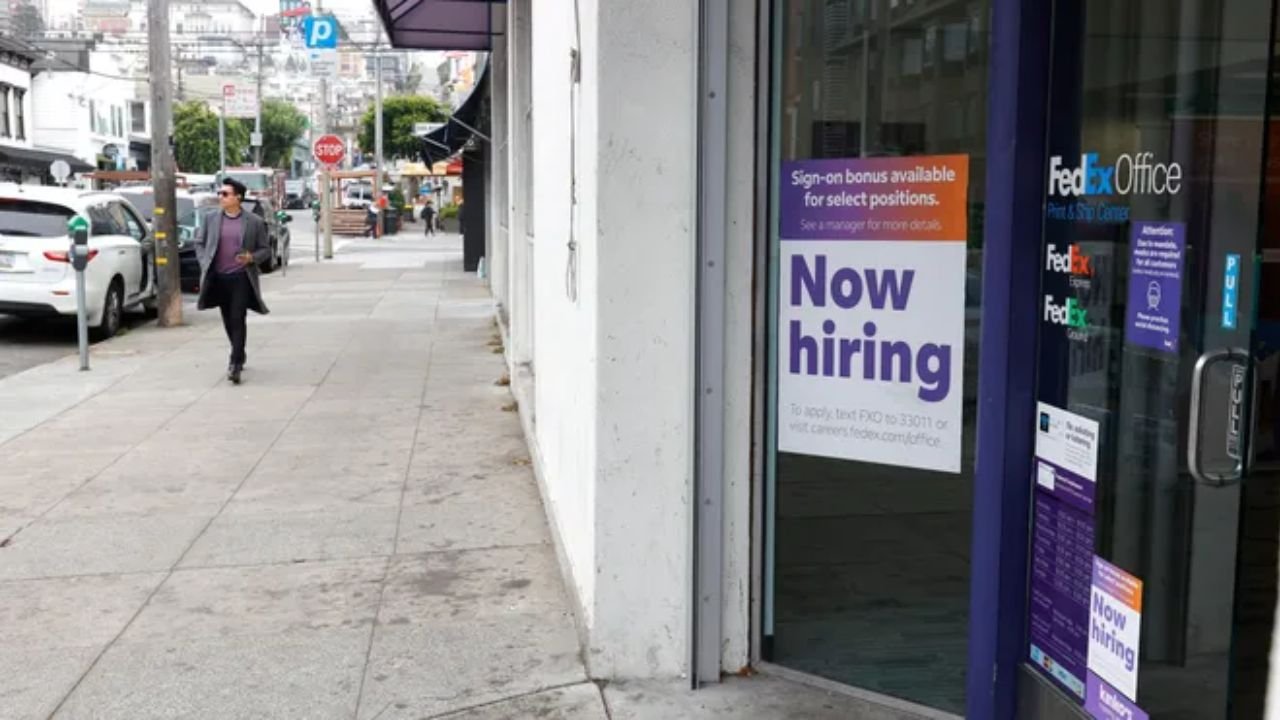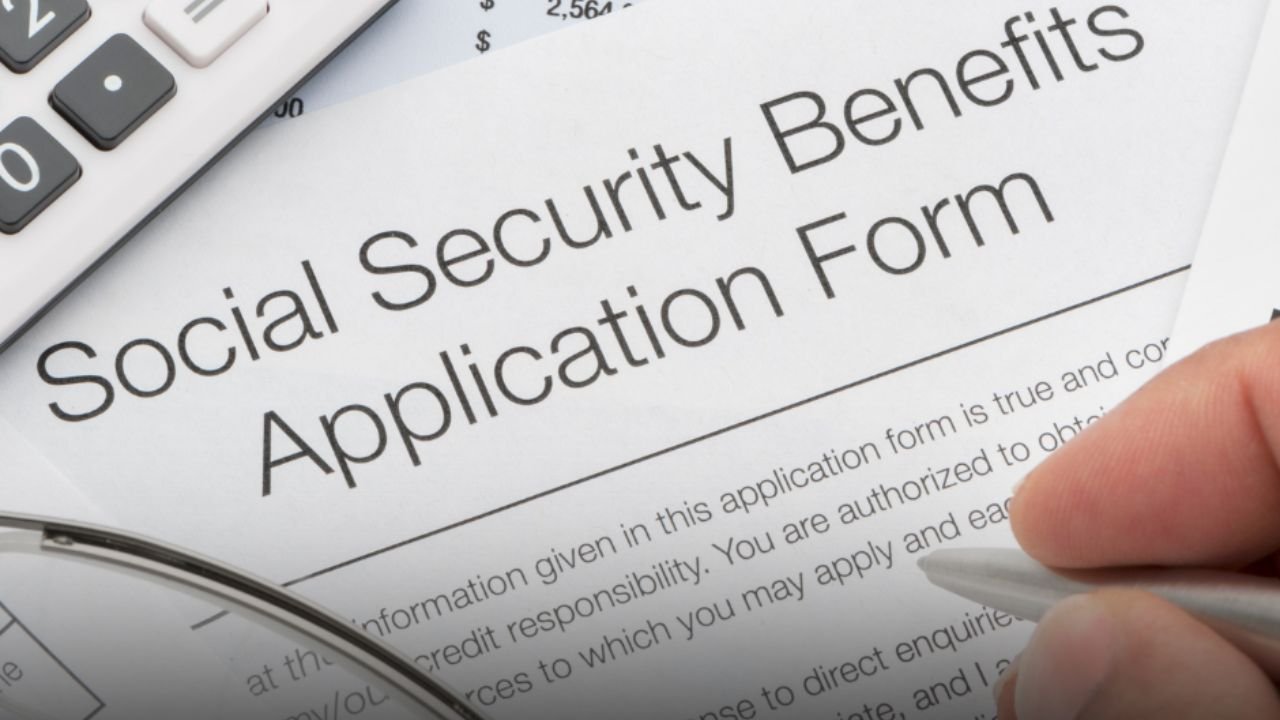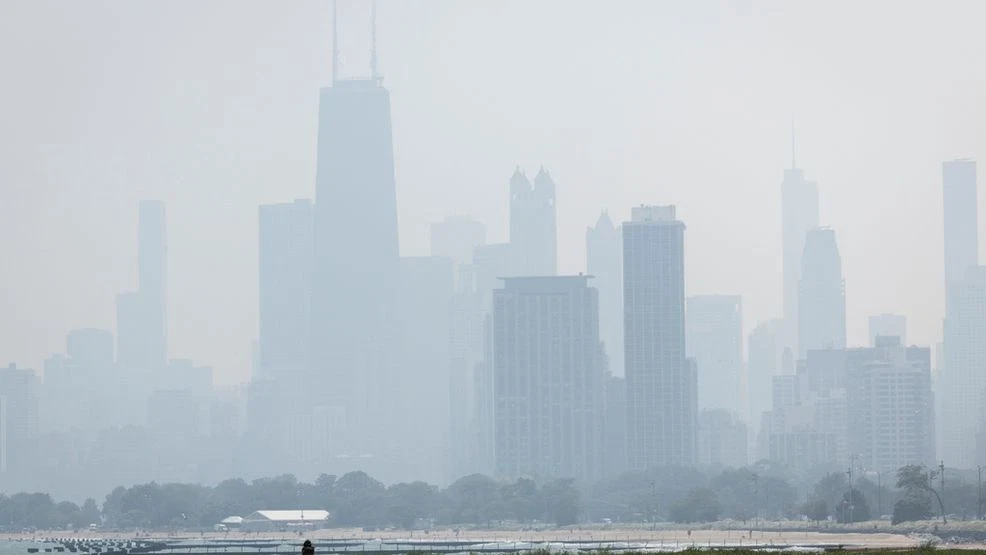ILLINOIS — Starting July 1, Illinois residents will see higher prices on tobacco and vape products, as a new tax hike takes effect. The measure, intended to reduce nicotine use and boost public health, has ignited mixed reactions from health experts, lawmakers, and industry leaders.
What’s Changing on July 1
The new tax raises the rate on vapes, nicotine pouches like Zyn, cigars, and chewing tobacco to 45%, aligning it with the current cigarette tax rate. Cigarette taxes will also increase by $1 per pack.
State Sen. Javier Loera Cervantes (D-Chicago), who sponsored the bill, said the initiative could generate nearly $30 million in new revenue for Illinois. Cervantes, a former smoker, said the goal is clear: “We’re trying to hopefully get people away from tobacco products.”
Pushback from the Industry
Not everyone agrees with the move. Dr. Brian Erkkila, regulatory science director for Swedish Match North America, which manufactures Zyn, warns the tax could have the opposite effect.
“We’re just worried this tax increase could keep people smoking,” Erkkila said.
“When you raise the price of smoke-free options… they may just stick with their cigarettes.”
Some public health advocates also remain skeptical. Kristina Hamilton, advocacy director with the American Lung Association in Illinois, emphasized that nicotine pouches like Zyn are not FDA-approved to help people quit.
“These products still contain harmful chemicals,” Hamilton said.
“There is no evidence that these newer smokeless products help people overcome addiction.”
Consumer Concerns and Economic Impacts
The Illinois Fuel & Retail Association, which represents gas stations, fears the tax could drive business across state lines. With some nearby states offering lower prices, Illinois retailers could lose customers seeking cheaper alternatives.
Currently, Zyn tins cost about $8 in a Chicago Loop convenience store. After July 1, that cost could increase significantly with the new tax.
How do you feel about Illinois’ decision to raise taxes on nicotine products? Do you think this will help reduce smoking, or just hurt consumers? Share your thoughts in the comments on ChicagoSuburbanFamily.com.

